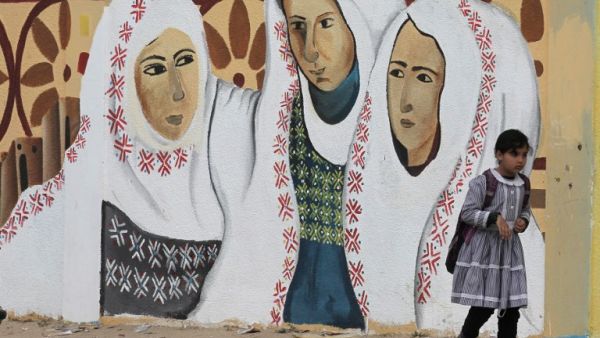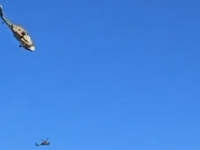Human Rights Watch (HRW) has accused Israel of blocking access to and from the Gaza Strip for rights activists documenting alleged abuses in the blockaded Palestinian territory.
The New York-based rights group said Israeli restrictions cast doubts on Israel’s claims of relying on human rights groups as an important source of information for their investigations into potential crimes committed during the 2014 Israeli war on Gaza.
“Impeding the work of human rights groups raises questions not just about the willingness of Israel’s military authorities to conduct genuine investigations, but also their ability to do so,” Sari Bashi, Israel and Palestine advocacy director at HRW, said in a statement.
“If Israel wants the ICC prosecutor to take seriously its argument that its criminal investigations are adequate, a good first step would be to allow human rights researchers to bring relevant information to light,” Bashi said.
In 2014, Israel launched a devastating 51-day military onslaught on the Gaza Strip in which more than 2,300 Palestinians were killed and thousands more injured. According to Israeli figures, 68 Israeli soldiers and five civilians were killed in the conflict while 2,522 Israelis -- including 740 soldiers -- were injured.
Since 2007, Israel has kept Gaza mostly closed, preventing Palestinians from leaving Gaza to pursue educational and professional opportunities, family visits and reunification, and medical care, save on an exceptional basis.
The restrictions imposed by Egypt on its border with the Palestinian territory have significantly contributed to the closure.









